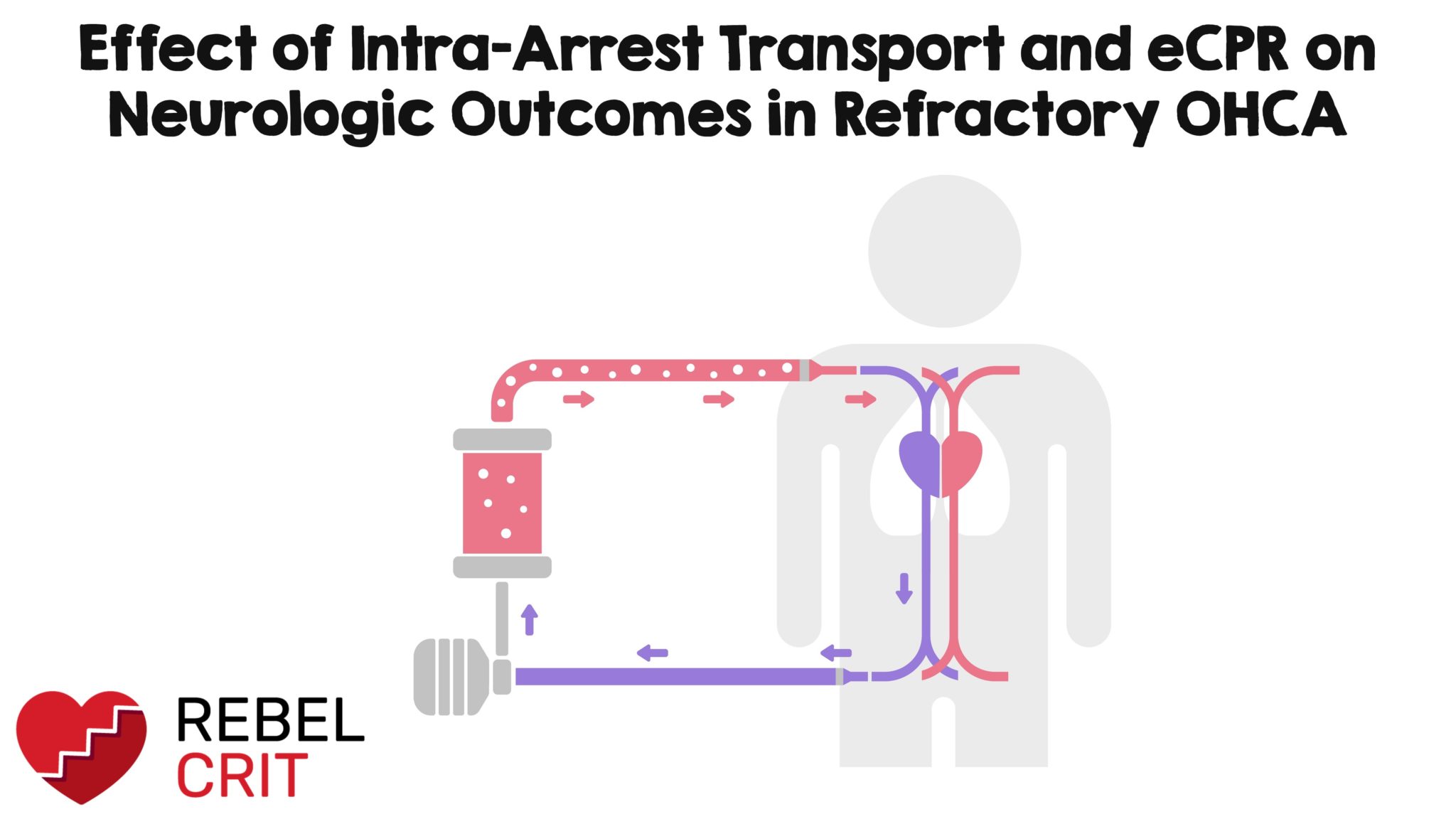Effect An Arrest Or Affect An Arrest - Web learn the basic difference between affect and effect, two commonly confused words in english. Affect is usually a verb meaning to produce an effect upon or to act on or change someone or something, while effect is usually a noun meaning a change that results when something is done or happens or a particular feeling or mood created by something. The rain will affec t. It is a transitive verb. While the distinction between affect and effect may seem straightforward, determining which word to use in a given context can still be challenging. Affect is a verb meaning to influence or change, while effect is a noun meaning the result or consequence of an action or event. (picnic = direct object) the word affect is an action. The rain will affect our picnic. Web fowler says that affect means to “have an influence on, produce an effect on, concern, [or] effect a change in.” effect, on the other hand, means to “bring about, cause, produce, result in, have a result, [or] accomplish.” the following sentences are examples of the common misuse of affect and effect in legal writing: Web affect is most commonly used as a verb meaning.
Primarily serves as a noun, denoting the result or outcome. Here are some general guidelines to help clarify their usage: This means it always takes a direct object. Affect is a verb meaning to influence or change, while effect is a noun meaning the result or consequence of an action or event. Web fowler says that affect means to “have an influence on, produce an effect on, concern, [or] effect a change in.” effect, on the other hand, means to “bring about, cause, produce, result in, have a result, [or] accomplish.” the following sentences are examples of the common misuse of affect and effect in legal writing: (picnic = direct object) the word affect is an action. Effect is, indeed, a transitive verb when it's used to mean to accomplish or to put into operation. While the distinction between affect and effect may seem straightforward, determining which word to use in a given context can still be challenging. See examples, tips and a trick to remember the correct usage of these words. The rain will affec t.
Primarily serves as a noun, denoting the result or outcome. I would rather say that the officer was making an arrest, myself. This means it always takes a direct object. These rare occasions often occur in some form of the expression “to effect a change” or, in police jargon, “to effect an arrest” (to cause or make an arrest happen). The rain will affect our picnic. Effect is, indeed, a transitive verb when it's used to mean to accomplish or to put into operation. Web learn the difference between affect and effect, two words that are often used incorrectly in english. Web the occasional need for “effect” as a verb arises when the narrow meaning “to cause or to bring about” is appropriate. It is a transitive verb. Affect is a verb meaning to influence or change, while effect is a noun meaning the result or consequence of an action or event.
The effect of an arrest Lecture notes 1 Use of force in effecting
I would rather say that the officer was making an arrest, myself. This means it always takes a direct object. If you really want to use one or the other of the verbs you've given us, though, effecting would be correct. Primarily serves as a noun, denoting the result or outcome. Affect is usually a verb meaning to produce an.
DVIDS Images ICE Enforcement and Removal Operations (ERO
Primarily serves as a noun, denoting the result or outcome. The rain will affec t. Here are some general guidelines to help clarify their usage: Affect is a verb meaning to influence or change, while effect is a noun meaning the result or consequence of an action or event. (picnic = direct object) the word affect is an action.
Arrested in Colorado? A defense lawyer explains the next steps
To change something or someone. Affect is usually a verb meaning to produce an effect upon or to act on or change someone or something, while effect is usually a noun meaning a change that results when something is done or happens or a particular feeling or mood created by something. It is a transitive verb. Web learn the difference.
John Brown's Notes and Essays Racial gap in U.S. arrest rates
The rain will affect our picnic. Affect is usually a verb meaning to produce an effect upon or to act on or change someone or something, while effect is usually a noun meaning a change that results when something is done or happens or a particular feeling or mood created by something. (picnic = direct object) the word affect is.
When can the police officers arrest without a warrant iPleaders
The rain will affect our picnic. (picnic = direct object) the word affect is an action. Web the occasional need for “effect” as a verb arises when the narrow meaning “to cause or to bring about” is appropriate. It is a transitive verb. Here are some general guidelines to help clarify their usage:
How do mandatory arrest laws affect domestic violence survivors from
See examples, tips and a trick to remember the correct usage of these words. Here are some general guidelines to help clarify their usage: (picnic = direct object) the word affect is an action. The rain will affect our picnic. Affect is usually a verb meaning to produce an effect upon or to act on or change someone or something,.
Wrongful arrest? Here’s what you need to prove Civil Rights Litigation
While the distinction between affect and effect may seem straightforward, determining which word to use in a given context can still be challenging. The rain will affec t. Web fowler says that affect means to “have an influence on, produce an effect on, concern, [or] effect a change in.” effect, on the other hand, means to “bring about, cause, produce,.
Compare Fall Arrest Systems Premsafe Ltd
Affect is usually a verb meaning to produce an effect upon or to act on or change someone or something, while effect is usually a noun meaning a change that results when something is done or happens or a particular feeling or mood created by something. Web affect is most commonly used as a verb meaning. It is a transitive.
An Arrest
The rain will affec t. Affect is a verb meaning to influence or change, while effect is a noun meaning the result or consequence of an action or event. Primarily serves as a noun, denoting the result or outcome. Here are some general guidelines to help clarify their usage: Web fowler says that affect means to “have an influence on,.
Effect of IntraArrest Transport and eCPR on Neurologic in
To change something or someone. These rare occasions often occur in some form of the expression “to effect a change” or, in police jargon, “to effect an arrest” (to cause or make an arrest happen). (picnic = direct object) the word affect is an action. Web learn the basic difference between affect and effect, two commonly confused words in english..
While The Distinction Between Affect And Effect May Seem Straightforward, Determining Which Word To Use In A Given Context Can Still Be Challenging.
To change something or someone. These rare occasions often occur in some form of the expression “to effect a change” or, in police jargon, “to effect an arrest” (to cause or make an arrest happen). The rain will affect our picnic. Affect is usually a verb meaning to produce an effect upon or to act on or change someone or something, while effect is usually a noun meaning a change that results when something is done or happens or a particular feeling or mood created by something.
This Means It Always Takes A Direct Object.
Web learn the basic difference between affect and effect, two commonly confused words in english. Web learn the difference between affect and effect, two words that are often used incorrectly in english. It is a transitive verb. (picnic = direct object) the word affect is an action.
I Would Rather Say That The Officer Was Making An Arrest, Myself.
Web affect is most commonly used as a verb meaning. Effect is, indeed, a transitive verb when it's used to mean to accomplish or to put into operation. The rain will affec t. Web fowler says that affect means to “have an influence on, produce an effect on, concern, [or] effect a change in.” effect, on the other hand, means to “bring about, cause, produce, result in, have a result, [or] accomplish.” the following sentences are examples of the common misuse of affect and effect in legal writing:
Primarily Serves As A Noun, Denoting The Result Or Outcome.
Here are some general guidelines to help clarify their usage: Web the occasional need for “effect” as a verb arises when the narrow meaning “to cause or to bring about” is appropriate. Affect is a verb meaning to influence or change, while effect is a noun meaning the result or consequence of an action or event. See examples, tips and a trick to remember the correct usage of these words.








